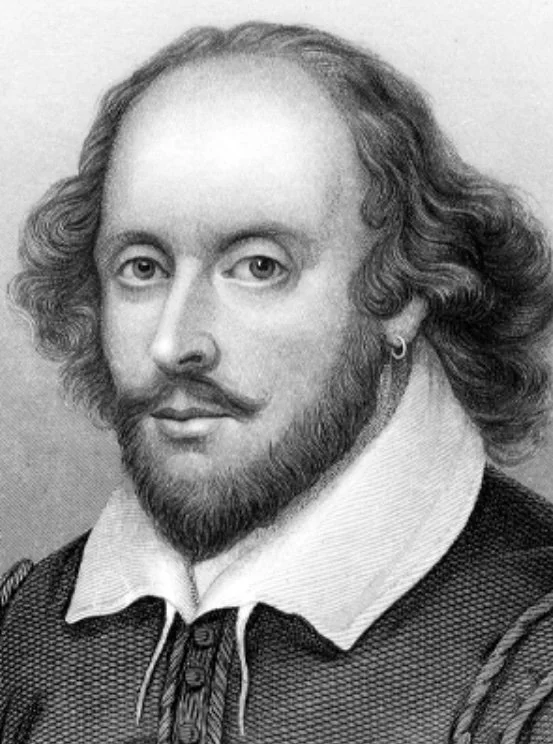TOURING PROGRAMS - Sarah Pillow Early Music and Galileo’s Daughters
Pre-concert Talks are available for all programs.
Perpetual Motion: Galileo and His Revolutions
A moving account of a remarkable moment in the history of science, human thought and music, “Galileo and His Revolutions” ties together the groundbreaking musical repertoire of Galileo’s day, narration by acclaimed best-selling author Dava Sobel (Galileo’s Daughter, Longitude) with video artist Marc Wagnon’s images, animation and video of Earth and the cosmos. Together they present a link to the past and bring to light the exquisite beauty of our world.
(Voice, lute, viola da gamba, narrator and video artist)
Perpetual Motion: The Consilient Realm of Copernicus
Even before Aristotle, comprehending and predicting the motion of celestial objects has captured the minds of philosophers. With period music, narration, video images and animation, the early music ensemble Galileo’s Daughters, best-selling author Dava Sobel and video artist Marc Wagnon reveal the story of Nicolaus Copernicus, a Polish Catholic cleric and astronomer, who placed the sun at the center of the universe as a result of his attempt to re-harmonize the cosmological theories of his day to Aristotelian ideals. The development of this multimedia program about the life and discoveries of Nicolaus Copernicus was partly underwritten by The Early Music Foundation, in partnership with the Polish Cultural Institute of New York City.
(Voice (solo or trio), lute, viol trio, narrator and video artist)
CARMINA! Vocal and Instrumental Song at the Dawn of the Renaissance
Just as aristocracy and royalty whiled away leisure hours playing cards and other games, their musicians enjoyed toying with musical composition and improvisation. As written instrumental music emerged from a mostly oral tradition, one path followed was to copy and play around with the the musical design of part-song, thus creating clever songs without words, also called carmina. Originally presented at the Cloisters Museum in New York City, CARMINA! includes works from the late 15th-century into the beginning of the 16th, including music of Josquin, Ockeghem, Tromboncino, and the Glogauer Liederbuch.
(Voice, lute, viol trio)
Sacred Women: Music from a 17th-Century Italian Convent
Seventeenth-century Italy saw the blossoming of educational opportunities for women, as well as an increase in their creative activities, the fruits of which can today be traced back to individual authors. While not all girls trained in musical composition became nuns, the life of an upper-class nun afforded a woman the leisure to learn and pursue music at the same level as her fathers and brothers outside the walls. Maria Chiara Cozzolani, Isabella Leonarda, Rosa Giacinta Badalla and Lucretia Vizzana were all nuns, with Leonarda being the best known of the women composers from the Baroque era with over 200 compositions to her name.
(Voice, viola da gamba, harpsichord and/or theorbo)
For Musick’s Art: Consort Songs and Fantasies from England’s Golden Age
This program is dedicated to the art of the viol consort, with featured works by William Byrd, Orlando Gibbons and some of their fellow composers from the English Renaissance. Byrd, whose life spanned the reign of Queen Mary and Queen Elizabeth I, served as Gentleman of the Chapel Royal under Elizabeth, composing sacred music for a Protestant queen while maintaining loyalty to Rome. Music includes Rejoice Unto the Lord (in honor of Queen Elizabeth I, 1586), as well as songs by the Ferraboscos (father and son), a motet by Thomas Tallis, a Scottish version of the Pater Noster, and arrangements of Psalm 137 from the Genevan psalter. The program concludes with Purcell’s Fantasie Upon One Note set to the poetry of Richard Crashaw.
(Voice, viol quartet)
Shakespeare’s “Songs”
Sarah Pillow ~ soprano
Ronn McFarlane ~ lute
Sorab Wadia ~ tenor/actor
Soprano Sarah Pillow, lutenist Ronn McFarlane, and actor Sorab Wadia perform ballads and love songs with Shakespeare’s most famous poetry. The music is chosen from over a hundred songs referenced, inserted or quoted in Shakespeare’s plays, interspersed with some of his most famous sonnets — the origin for which comes from the Italian word for ‘sound’: suono.
Medieval Voices
Sarah Pillow ~ soprano
Christopher Preston Thompson ~ tenor and gothic harp
John Mark Rozendaal ~ vielle
The 13th through the 15th century was one of the most turbulent and secular of the Middle Ages, yet artistry was in full force. The new musical style of Ars Nova emerged in France, with the polyphonic art song becoming the most important new musical genre of its time. The program will demonstrate this luxurious music in solos, duets and trios. Featuring works of Machaut, Landini, Ciconia, Dufay, and anonymous pieces of troubadours and from the style Ars subtilior.








